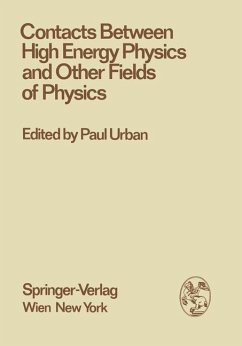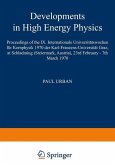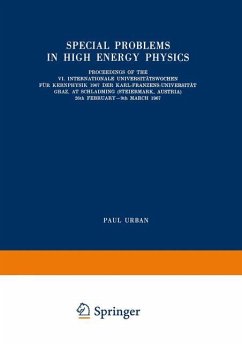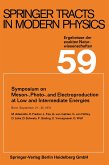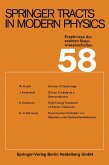The equations of quantum mechanics, let alone those of quantum field theory, are sufficiently complex to solve that various approximation schemes are both welcome and desirable. In applications to quantum field theory, renorm alized perturbation theory has long been the predominant calculational tool, and it has even tended to shape the entire conceptual outlook on such problems as well. How ever, the apparently irreconcilable conflict between strong interaction physics and perturbation theoretic calculations has given way in the past few years to some fairly revolut ionary (at least for field theory) modes of formulation and calculation. The fires of this revolution have been fed by exact solutions of special classical systems, [1] notably the sine-Gordon equation, and an appreciation of the relevance of classical solutions of nonlinear systems as starting points in quantum analyses [2]. The soliton solutions of the classical sine-Gordon equation exhibit extraordinary stability under scattering, but this feature is not essential for their utility in quantum studies. Consequently, broad studies have been made of nonlinear systems that exhibit localized, persistent solutions, which have also frequently been termed "solitons" (or solitary waves, or kinks) as well [31. Solitons that have their origin in con ventional symmetries and conserved currents (and thus are ~topological in origin) have been discussed [4] along with those that arise from asymptotic properties of the solution, as in the sine-Gordon model, (and thus are topo logical in origin).
Hinweis: Dieser Artikel kann nur an eine deutsche Lieferadresse ausgeliefert werden.
Hinweis: Dieser Artikel kann nur an eine deutsche Lieferadresse ausgeliefert werden.

